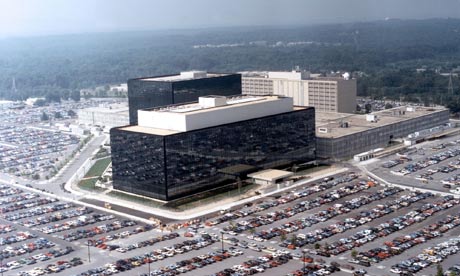The Obama justice department succeeded in convincing the five right-wing Supreme Court justices to dismiss a lawsuit challenging the constitutionality of the 2008 law, the FISA Amendments Act, which vastly expanded the government's authority to eavesdrop on Americans without warrants. In the case of Clapper v. Amnesty International, Justice Samuel Alito wrote the opinion, released today, which adopted the argument of the Obama DOJ, while the Court's four less conservative justices (Ginsberg, Breyer, Sotomayor and Kagan) all dissented. This means that the lawsuit is dismissed without any ruling on whether the US government's new eavesdropping powers violate core constitutional rights. The background of this case is vital to understanding why this is so significant.
One of the most successful government scams of the last decade has been to prevent any legal challenges to its secret surveillance programs. Both the Bush and Obama DOJ's have relied on one tactic in particular to insulate its eavesdropping behavior from judicial review: by draping what it does in total secrecy, it prevents anyone from knowing with certainty who the targets of its surveillance are. The DOJ then exploits this secrecy to block any constitutional or other legal challenges to its surveillance actions on the ground that since nobody can prove with certainty that they have been subjected to this eavesdropping by the government, nobody has "standing" to sue in court and obtain a ruling on the constitutionality of this eavesdropping.
The Bush DOJ repeatedly used this tactic to prevent anyone from challenging the legality of its eavesdropping on Americans without the warrants required by the FISA law. That's another way of saying that the Bush administration removed their conduct from the rule of law: after all, if nobody has standing to obtain a court ruling on the legality or constitutionality of their conduct, then neither the law nor the Constitution constrain what the government does. Simply put, a law without a remedy is worthless. As Alexander Hamilton put it in Federalist 15:



